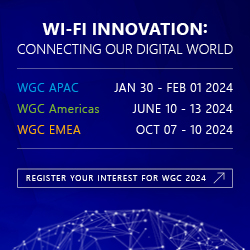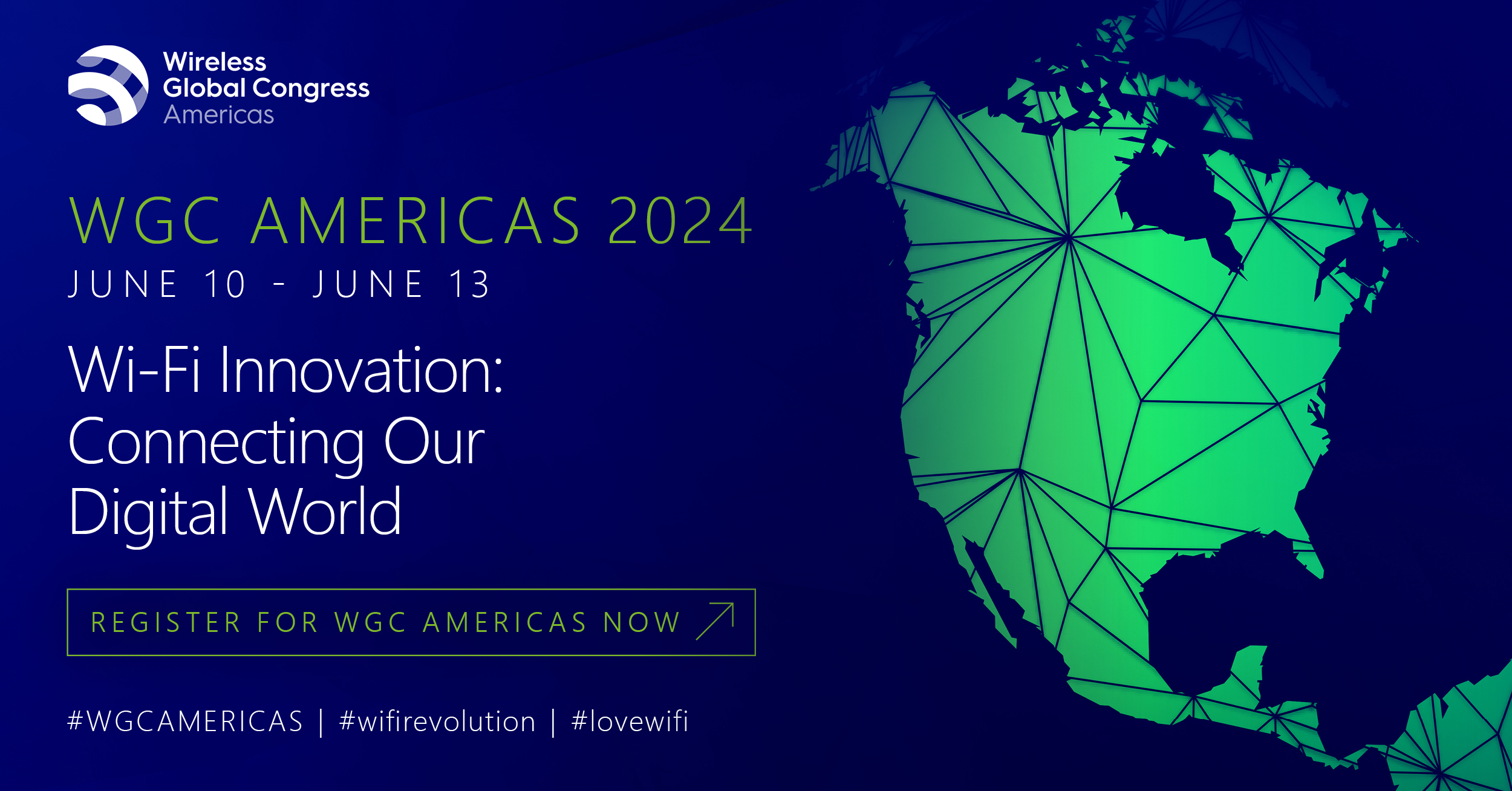New guideline aids cities and government authorities in the development of connected city plans
Singapore, 09 February 2017 – The Connected City Advisory Board (CCAB), a committee developed by the Wireless Broadband Alliance (WBA), has launched its first Connected City Blueprint. A guideline to support cities and government authorities developing Connected City plans, the report clearly outlines the factors to consider when developing a smarter and more connected city ecosystem, and the technology required. It also provides a set of case studies to be used as a benchmark for future connected city deployments.
Smart cities are an evolutionary step in urban development, enabling economic growth and improving the quality of life for citizens. Connectivity lies at the very heart of smart cities by connecting networks, sensors and devices to transform the way a city operates. The Connected City Blueprint aims to help the wider wireless industry, including citizens, entrepreneurs, operators, regulators, equipment manufacturers and service developers, better understand the challenges and opportunities of the connected city and smart city ecosystem.
The Blueprint identifies and brings together cities and local authorities’ views and perspectives on how to structure connectivity plans, the benefits of connectivity, and the value propositions for various stakeholders involved in the development of smart cities. It also outlines the opportunities and services that can be explored by cities, including big data, roaming and public-private partnerships.
Collaboration between citizens, governments and businesses will be vital for the success of smart cities. Connectivity will allow businesses to create opportunities across a range of sectors, such as publics services like healthcare, and will enable governments to efficiently manage and run the city by anticipating needs and providing improved services to people. Together, this will give citizens greater convenience and a better quality of life.
“Cities have a responsibility to ensure that connectivity is accessible to all – citizens, businesses and city services. This means it is imperative for city managers and CIOs who’ve successfully implemented connectivity to share plans and highlight the benefits of connected cities in a way for all to understand,” explained Reza Jafari, Vice Chair of the CCAB and Board Advisor to the WBA. “The purpose of the Connected City Blueprint is to do exactly that and bring these value propositions to light. By allowing cities to share their experiences and help one another maximize opportunities and overcome challenges, we are one step closer to making the smart dream a reality.”
Shrikant Shenwai, CEO of the WBA added: “The WBA is committed to bridging the digital divide, and the advent of connected cities will bring digital equality to citizens across the globe. The CCAB’s Blueprint will enable cities to grow partnerships, and share essential knowledge that will essentially help better the lives of millions.”
The CCAB and the WBA will continue to develop The Connected City Blueprint to help the wireless community successfully implement connected and smart cities. As an industry-wide collaborative, the CCAB would like to invite stakeholders to get involved in this initiative. To participate in the Connected City Blueprint, please contact contactus@wballiance.com.
The Connected City Blueprint is available to download here.
About the Wireless Broadband Alliance
Founded in 2003, the mission of the Wireless Broadband Alliance (WBA) is to champion the development of the converged wireless broadband ecosystem through seamless, secure and interoperable unlicensed wireless broadband services for delivering outstanding user experience. Building on our heritage of NGH and carrier Wi-Fi, WBA will continue to drive and support the adoption of Next Generation Wi-Fi services need coexistence and convergence of unlicensed and licensed networks across the entire public Wi-Fi ecosystem, including IoT, Big Data, Converged Services, Smart Cities, 5G, etc. Today, membership includes major fixed operators such as BT, Comcast and Time Warner Cable; seven of the top 10 mobile operator groups (by revenue) and leading technology companies such as Cisco, Microsoft, Huawei Technologies, Google and Intel. WBA member operators collectively serve more than 2 billion subscribers and operate more than 30 million hotspots globally.
The WBA Board includes AT&T, Boingo Wireless, BT, China Telecom, Cisco Systems, Comcast, Intel, KT Corporation, Liberty Global, NTT DOCOMO, Orange and Ruckus Wireless. For a complete list of current WBA members, please click here.
Follow Wireless Broadband Alliance at:
http://www.twitter.com/wballiance
http://www.facebook.com/WirelessBroadbandAlliance
https://www.linkedin.com/company/2919934






